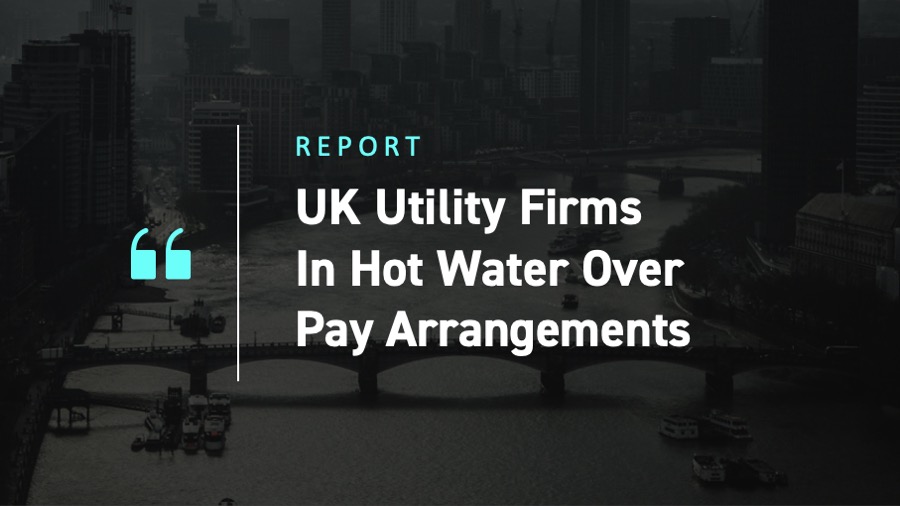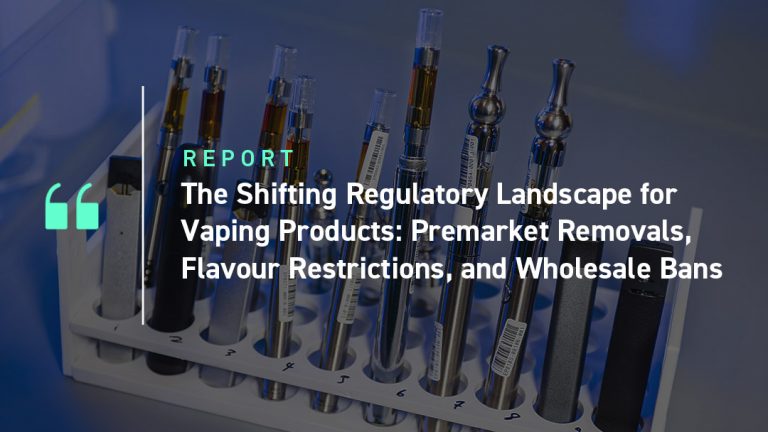For many years, concerns surrounding the efficacy of the water systems in England and Wales have been raised by critics, many of which highlight what are viewed as the shortcomings of using private companies that operate as regional monopolies for essential services. Criticisms include the payment of billions in dividends to utility company shareholders despite a lack of investment in local infrastructure, environmental damage and pollution caused by sewage spills and water leaks, and the leveraging of some companies with considerable levels of debt despite being debt-free when they were first privatised. Indeed, in hindsight, some commentators have questioned the affordability of the years of dividends, given the current position many of these companies have found themselves in.
More recently, water companies have come under scrutiny for proposed increases in customer bills, allegedly to compensate for years of chronic underinvestment resulting in part from government pressure to keep bills low during the cost-of-living crisis.
In June 2025, the Department for Environment, Food & Rural Affairs (DEFRA) banned six UK water companies (Thames Water, Yorkshire Water, Anglian Water, Wessex Water, United Utilities and Southern Water) from paying out performance-related remuneration to senior executives with immediate effect. The ban was carried out under the Water (Special Measures) Act 2025, which received Royal Assent in February and came into force in June. This in turn led to new standards, published by the water regulator Ofwat, stating that variable incentives cannot be paid in specific cases when a water company:
- “Fails to meet core environmental standards and presides over serious pollution offences.
- Fails to meet basic financial resilience standards (e.g. meet minimum credit rating requirements).
- Fails to meet core consumer standards (e.g. failure to operate and maintain sewage networks).
- Is convicted of a criminal offence (e.g. criminal convictions for serious environmental failings including illegal spills).”
In July 2025, DEFRA announced that Ofwat would be abolished, and that a new regulator would take responsibility of water functions across Ofwat, The Environment Agency, Natural England and The Drinking Water Inspectorate. This is an attempt by the UK Government to combine these disparate, albeit related, responsibilities into one regulator.
Thames Water’s struggle to stay afloat
Of the six companies named above that are now restricted from paying out performance-related remuneration in specific situations, Thames Water has been especially singled out for scrutiny during 2025, after it was highlighted that the largely London and South East-based company could financially collapse and possibly be temporarily re-nationalised. Many critics have highlighted its ownership by Australia-based Macquarie Asset Management between 2006 and 2017, during which GBP 2.7bn was paid out in dividends and the water utility’s debt grew from GBP 3.4bn to GBP 10.8bn.
Despite the restrictions on performance-related incentives, Thames Water paid out GBP 2.46m in June 2025 to 21 of its senior executives as part of a retention package, the company noted. The same executives are due to receive the same amounts again in December 2025 under the same arrangement, with a further GBP 10.8m due in June 2026. The UK Government’s Environment, Food and Rural Affairs Committee stated that it was seeking clarity over whether these payments fell within the remit of the ban, and will therefore be recouped, given that they were not paid to the Company’s Executive Directors and were designated as retention payments rather than being linked to performance.
In addition, the Company stated that it would not claw back the annual bonus (GBP 197,000) given to its CEO for his first three months in the role after it became apparent that a restatement of its accounts meant that the operating cash flow maximum had actually been missed. According to the Remuneration Committee, had the new accounting treatment been applied before, the targets would have been set lower. Consequently, “after full deliberation, the Committee decided that no adjustment was required” on the grounds that “it is not appropriate to retrospectively apply the correct methodology and reset the target for this measure”.
Thames Water’s current financial situation has not been improved by Ofawat’s recent announcement that the Company has agreed to a payment plan for fines it owes, worth GBP 123m. These fines include GBP 104m in May 2025 following environmental breaches in relation to sewage spills, and GBP 18.2m for breaking dividend rules, the Company having paid out cash in dividends despite having fallen short in its services to customers and its environmental record.
Yorkshire Water’s remuneration taken offshore
Thames Water is not the only utility company to come under scrutiny for its executive pay. It was reported in August 2025 that Ofwat had written to Yorkshire Water, another of the six companies falling under the variable incentive ban. The regulator sought more information on the Company’s remuneration arrangements after it emerged that its CEO had received GBP 1.3m in total for the last two financial years from its offshore parent company, Kelda Holdings.
These payments do not appear in Yorkshire Water’s annual report, as executive remuneration does not have to be disclosed in Jersey, where the parent company is registered. According to the Company, these payments relate to “investor engagement, financial oversight, and management of the Kelda Group”. It further states that the fees were paid by shareholders, not customers. It is noted that the Company did not pay out an annual bonus to its Executive Directors and that the CEO’s overall remuneration for her role at Yorkshire Water decreased by approximately a third compared to the year before to GBP 689,000.
However, according to the Ilkley Clean River Group, a grassroots organisation that endeavours to protect the Yorkshire-based River Wharfe from pollution, “the additional payments … look like a way of ‘working around’ the fact that bonuses were causing public outrage and subsequently banned by [the] government”.
Southern Water sails around the legislation
Southern Water is another utility company that appears to have run afoul of the Water (Special Measures) Act 2025. Although the annual bonuses for its Executive Directors lapsed, its CEO and CFO continued to receive GBP 691,200 and GBP 534,240 respectively from its two-year LTIP. According to the Company’s annual report, the ban does not apply to the LTIP awards, as they were linked to a turnaround plan introduced before 1 April 2024. However, it does note that the ban will apply to any future LTIP schemes. Finally, as with Yorkshire Water above, the Company emphasised that the LTIP payments would be paid for by shareholders and not customers.
In July 2025, MPs representing constituents in the areas covered by Southern Water signed multiple letters stating that they perceived this as an attempt by the Company to circumvent Ofwat’s banning of variable incentives and urged the Company to allow the LTIP awards to lapse. Environment Secretary, Steve Reed, also encouraged the Southern Water CEO to turn down his LTIP award.
Speaking in September 2025, the Southern Water CEO replied that although executive remuneration is “hard to justify” for the consumer, it was essential for the UK water sector.
It is yet to be seen if other water companies will follow similar approaches to those discussed above.
Listed UK water companies
ISS Benchmark Research only provides research and voting recommendations for listed companies. As a result, the three water firms specifically discussed above fall outside of ISS research coverage.
However, there are three water companies listed in the UK that do fall within the coverage of ISS research – Severn Trent, Pennon Group (owner of South West Water) and United Utilities. Of these, only the latter is currently banned from giving out performance-related awards under the Water (Special Measures) Act 2025.
In relation to Pennon Group, the Company acknowledged the passing of the Act in February 2025 and delayed the payment of any annual bonuses until it had received further clarity on the legislation. In July 2025, the Company published a press release on Ofwat’s sector investigation findings. A day later, it announced that its CEO had decided to retire from her role. However, as of yet, it is unclear if the annual bonuses for 2025 have been, or are to be, paid.
With regard to how United Utilities intends to address its executive remuneration arrangements, given the restriction of its ability to pay performance-related incentives, this will be a matter for consideration in the 2026 proxy season.
By: Tom Inchley




